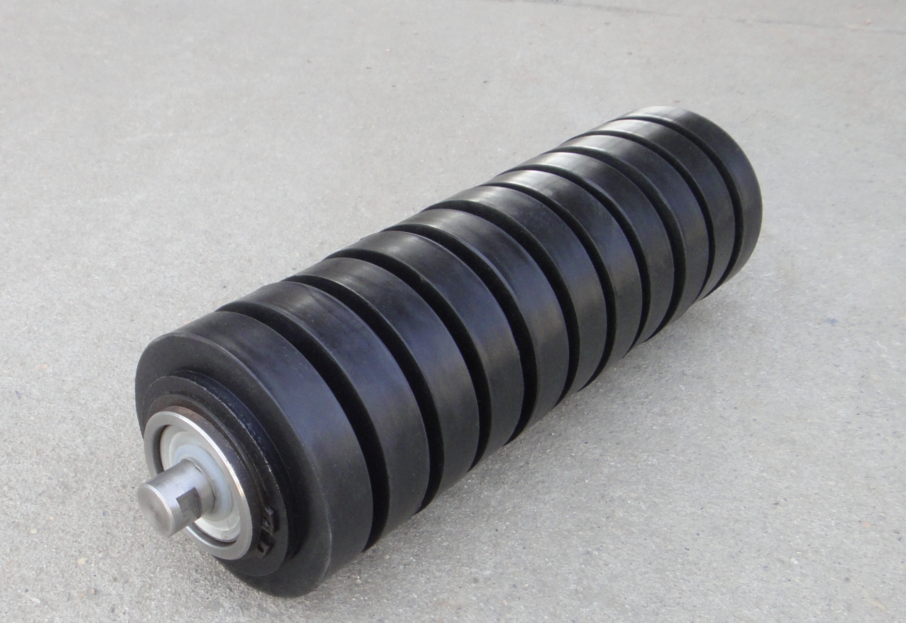 Afrikaans
Afrikaans  Albanian
Albanian  Amharic
Amharic  Arabic
Arabic  Armenian
Armenian  Azerbaijani
Azerbaijani  Basque
Basque  Belarusian
Belarusian  Bengali
Bengali  Bosnian
Bosnian  Bulgarian
Bulgarian  Catalan
Catalan  Cebuano
Cebuano  Corsican
Corsican  Croatian
Croatian  Czech
Czech  Danish
Danish  Dutch
Dutch  English
English  Esperanto
Esperanto  Estonian
Estonian  Finnish
Finnish  French
French  Frisian
Frisian  Galician
Galician  Georgian
Georgian  German
German  Greek
Greek  Gujarati
Gujarati  Haitian Creole
Haitian Creole  hausa
hausa  hawaiian
hawaiian  Hebrew
Hebrew  Hindi
Hindi  Miao
Miao  Hungarian
Hungarian  Icelandic
Icelandic  igbo
igbo  Indonesian
Indonesian  irish
irish  Italian
Italian  Japanese
Japanese  Javanese
Javanese  Kannada
Kannada  kazakh
kazakh  Khmer
Khmer  Rwandese
Rwandese  Korean
Korean  Kurdish
Kurdish  Kyrgyz
Kyrgyz  Lao
Lao  Latin
Latin  Latvian
Latvian  Lithuanian
Lithuanian  Luxembourgish
Luxembourgish  Macedonian
Macedonian  Malgashi
Malgashi  Malay
Malay  Malayalam
Malayalam  Maltese
Maltese  Maori
Maori  Marathi
Marathi  Mongolian
Mongolian  Myanmar
Myanmar  Nepali
Nepali  Norwegian
Norwegian  Norwegian
Norwegian  Occitan
Occitan  Pashto
Pashto  Persian
Persian  Polish
Polish  Portuguese
Portuguese  Punjabi
Punjabi  Romanian
Romanian  Russian
Russian  Samoan
Samoan  Scottish Gaelic
Scottish Gaelic  Serbian
Serbian  Sesotho
Sesotho  Shona
Shona  Sindhi
Sindhi  Sinhala
Sinhala  Slovak
Slovak  Slovenian
Slovenian  Somali
Somali  Spanish
Spanish  Sundanese
Sundanese  Swahili
Swahili  Swedish
Swedish  Tagalog
Tagalog  Tajik
Tajik  Tamil
Tamil  Tatar
Tatar  Telugu
Telugu  Thai
Thai  Turkish
Turkish  Turkmen
Turkmen  Ukrainian
Ukrainian  Urdu
Urdu  Uighur
Uighur  Uzbek
Uzbek  Vietnamese
Vietnamese  Welsh
Welsh  Bantu
Bantu  Yiddish
Yiddish  Yoruba
Yoruba  Zulu
Zulu conveyor cleaning equipment
Conveyor Cleaning Equipment Ensuring Efficiency and Hygiene in Material Handling
In today’s fast-paced industrial environment, the efficiency and hygiene of material handling systems are paramount. Conveyor systems are ubiquitous in various industries, including food processing, pharmaceuticals, and manufacturing. However, these systems are prone to contamination and buildup of debris, which can hinder operations and compromise product quality. This is where conveyor cleaning equipment comes into play, offering vital solutions to maintain cleanliness and efficiency.
Conveyor cleaning equipment is designed specifically to address the challenges posed by different types of conveyors. These systems can accumulate residues, dust, and other forms of contaminants, which necessitate regular maintenance. Failure to clean conveyors can lead to several issues, including product spoilage, machinery malfunctions, and increased operational costs. Effective cleaning not only enhances product safety but also prolongs the life of the equipment.
One of the most common types of conveyor cleaning equipment includes brushes and scrapers. These devices can effectively remove buildup from conveyor belts and surfaces. Brushes are particularly useful for gentle cleaning, while scrapers are ideal for more abrasive residues. Depending on the design of the conveyor, these tools can be automated to ensure consistent and thorough cleaning, reducing the need for manual labor and improving safety.
Another important category of conveyor cleaning equipment is high-pressure wash systems. These systems utilize water jets or steam to dislodge and remove contaminants from the conveyor surfaces. High-pressure washing is particularly effective in food processing environments, where adherence to hygiene standards is critical. Such systems can be integrated into the cleaning cycles, ensuring that conveyors are sanitized regularly without interrupting production.
conveyor cleaning equipment

In addition to mechanical cleaning solutions, conveyor cleaning equipment also includes chemical cleaning agents specifically formulated for different types of materials and contaminants. These agents help dissolve residues and make the physical removal process more effective. Industries often adopt a comprehensive cleaning strategy that combines both mechanical and chemical methods to achieve optimal results.
When selecting conveyor cleaning equipment, it’s essential to consider several factors, including the type of conveyor system, the nature of the materials being transported, and the frequency of cleaning required. Customization is often necessary, as different industries may have unique challenges and regulatory requirements. Working with manufacturers who offer tailored solutions can significantly enhance the efficacy of the cleaning process.
Moreover, investing in conveyor cleaning equipment should be seen as a long-term cost-saving strategy. While there may be an upfront investment, the potential for reduced downtime, lower maintenance costs, and enhanced compliance with health standards can yield significant savings over time. In sectors such as food and beverage, where hygiene is critical, the cost of potential contamination events can far outweigh the investment in proper cleaning equipment.
In conclusion, conveyor cleaning equipment is essential for maintaining the efficiency and safety of conveyor systems across various industries. From brushes and scrapers to advanced wash systems and chemical cleaners, a range of options is available to meet the specific needs of different applications. By prioritizing cleanliness, businesses can enhance operational efficiency, ensure product safety, and maintain regulatory compliance, ultimately driving long-term success in their operations.
-
Revolutionizing Conveyor Reliability with Advanced Rubber Lagging PulleysNewsJul.22,2025
-
Powering Precision and Durability with Expert Manufacturers of Conveyor ComponentsNewsJul.22,2025
-
Optimizing Conveyor Systems with Advanced Conveyor AccessoriesNewsJul.22,2025
-
Maximize Conveyor Efficiency with Quality Conveyor Idler PulleysNewsJul.22,2025
-
Future-Proof Your Conveyor System with High-Performance Polyurethane RollerNewsJul.22,2025
-
Driving Efficiency Forward with Quality Idlers and RollersNewsJul.22,2025





























